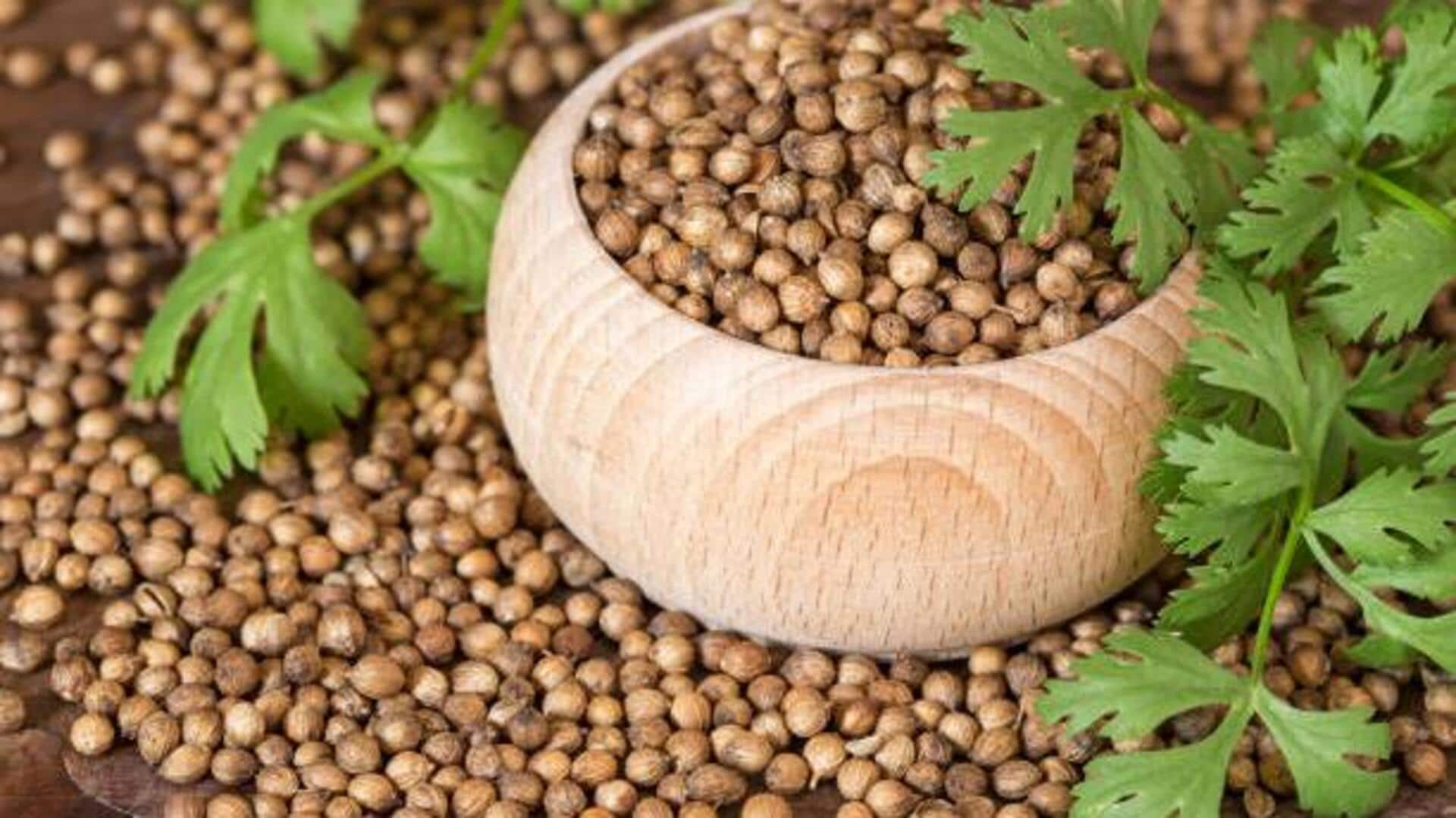
Coriander seeds and heart health: What to know
What's the story
Coriander seeds have long been used in traditional medicine, and recent studies indicate they may help in managing cholesterol levels.
These tiny, round seeds are loaded with the right nutrients and compounds to promote heart health.
By adding coriander seeds to your diet, you could find a natural way to keep cholesterol levels in check, without solely depending on medication.
Here are some insights into how coriander seeds can help manage cholesterol.
Nutrients
Nutrient-rich composition
Coriander seeds are packed with dietary fiber, which is essential in lowering bad cholesterol.
They are also loaded with vitamins and minerals such as vitamin C, vitamin K, calcium, iron, and magnesium.
All these nutrients promote heart health by supporting the proper functioning of the body and keeping cholesterol levels in check.
Antioxidants
Antioxidant properties
The antioxidant properties of coriander seeds can help you fight oxidative stress in the body.
Oxidative stress is associated with high cholesterol levels, among other cardiovascular issues.
The antioxidants in these seeds work by neutralizing free radicals, thus potentially lowering the risk of heart disease related to high cholesterol.
Inflammation control
Potential anti-inflammatory effects
Coriander seeds may have anti-inflammatory effects that could benefit those suffering from high cholesterol.
Chronic inflammation is often linked to high cholesterol and heart disease risk.
By incorporating coriander seeds into your diet, you may reduce inflammation markers in the body, thus contributing to better heart health.
Usage tips
Easy dietary inclusion tips
Adding coriander seeds into your everyday meals is easy and inexpensive.
You can grind them into a powder to flavor soups or stews, or use them whole as a spice rub for vegetable or tofu dishes.
You can also brew them as tea for another way of enjoying their potential benefits while keeping your diet diverse and exciting.